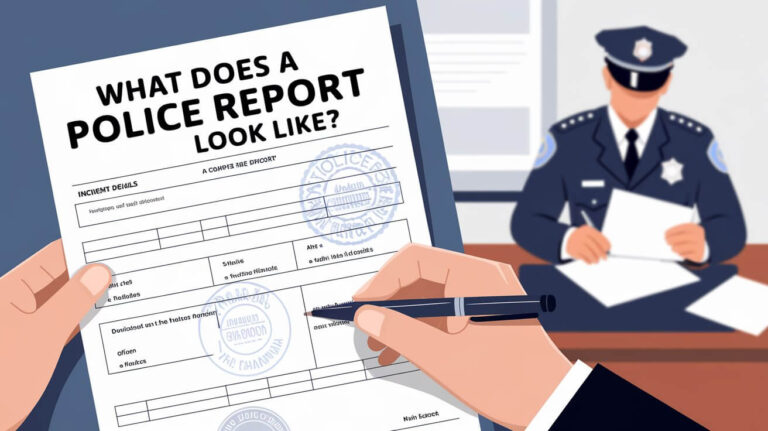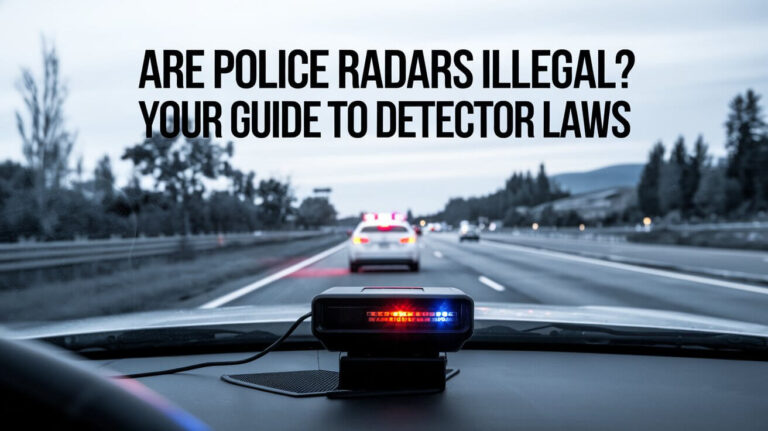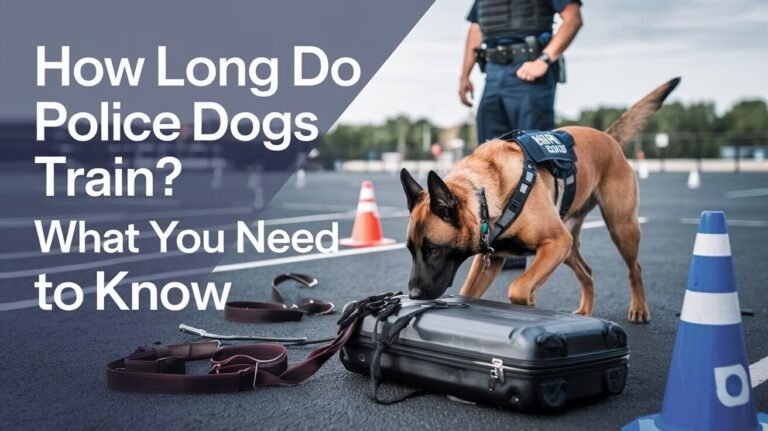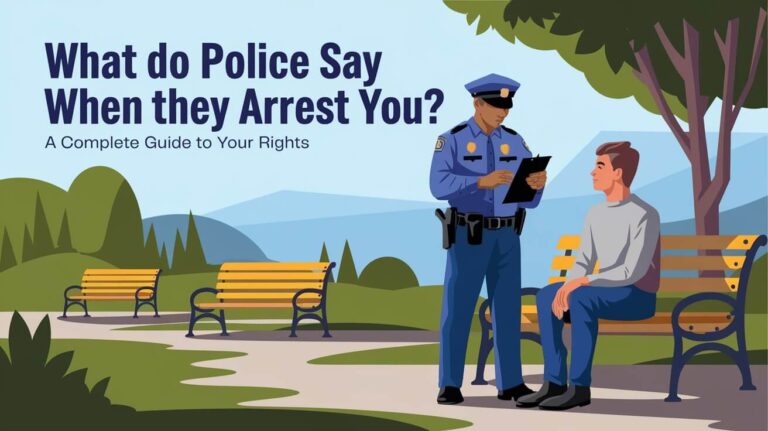Can Police Help If Locked Out of House? Emergency Guide & Solutions
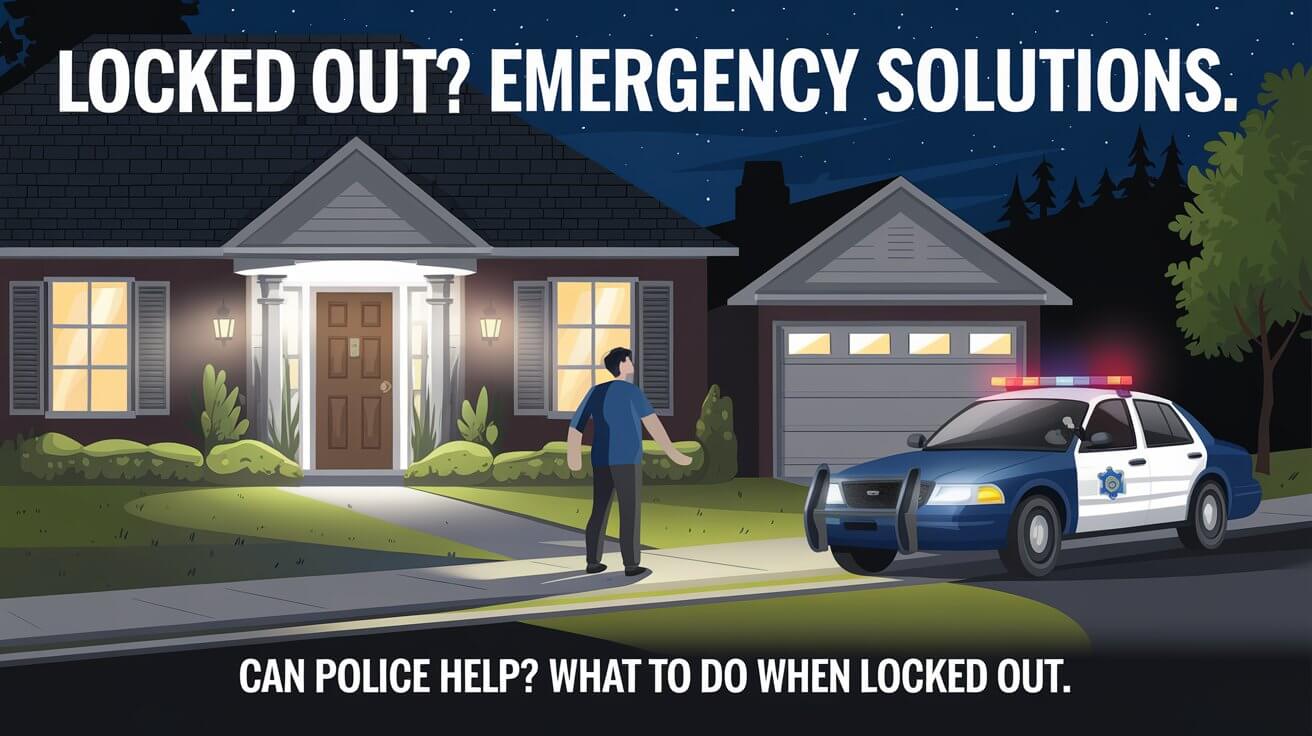
Getting locked out of your house can feel like a nightmare. Your keys are inside, you’re stuck outside, and panic starts to set in. Many people wonder if the police can help in this situation. The answer isn’t a simple yes or no – it depends on the specific circumstances.
When Police Can Assist With House Lockouts
Emergency Situations That Warrant Police Help
Police will help you get back into your house during genuine emergencies. This includes situations where:
- There’s a fire inside the home
- You smell gas or suspect a leak
- Someone inside needs immediate medical help
- Young children are locked inside alone
- Elderly or disabled persons are trapped inside
- There’s an immediate risk to life or safety
The key word here is “emergency.” Police resources focus on protecting public safety. They won’t assist with routine lockouts where no one is in danger.
Required Documentation to Prove Residency
Before police help you enter your home, they need proof that you actually live there. Acceptable forms of identification include:
- Current lease agreement
- Recent utility bills in your name
- Rent payment receipts
- Driver’s license with matching address
- Property ownership documents
- DMV registration showing the address
Keep digital copies of these documents on your phone. This makes proving residency much easier during a lockout.
How to Contact Police for Lockout Assistance
Never call 911 for a basic lockout. Instead:
- Call your local police department’s non-emergency number
- Explain the emergency situation clearly
- Have your proof of residency ready
- Stay calm and follow officer instructions
- Be patient while they verify your information
For example, Los Angeles residents should call 1-877-ASK-LAPD (1-877-275-5273) for non-emergency assistance.
Steps Before Calling the Police
Checking All Entry Points
Before involving law enforcement, try these basic steps:
- Check all exterior doors
- Test first-floor windows
- Look for unlocked garage doors
- Check basement entrances
- Try back and side doors
- Inspect sliding glass doors
Remember to be careful when checking windows. Neighbors might mistake you for an intruder.
Contacting Family Members and Neighbors
Reach out to others who might have spare keys:
- Family members living nearby
- Trusted neighbors
- Roommates or housemates
- Friends with emergency keys
- Local family friends
- Previous house-sitters
A quick call or text could save you from needing emergency services.
Reaching Out to Property Management or Landlord
Renters have additional options:
- Contact your landlord immediately
- Call the property management office
- Reach building maintenance staff
- Ask for the emergency maintenance line
- Request access from the leasing office
- Seek help from on-site security
Most rental properties keep spare keys for emergencies.
Alternative Solutions to Police Assistance
Professional Locksmith Services
Licensed locksmiths offer several advantages:
- Available 24/7 for emergencies
- Trained to handle all lock types
- Can open doors without damage
- Provide new keys if needed
- Verify identity before service
- Often arrive within an hour
Expect to pay between $50-$100 per hour during regular business hours.
Emergency Locksmith Options
After-hours locksmith services cost more but offer:
- Quick response times
- Weekend availability
- Holiday coverage
- Late-night service
- Mobile service units
- Emergency response teams
Save local locksmith numbers in your phone before you need them.
Cost Comparison: Locksmith vs. Other Solutions
Different solutions come with varying costs:
- Standard locksmith: $50-$100/hour
- After-hours service: $100-$200
- New lock installation: $75-$200
- Key replacement: $10-$50
- Lock rekeying: $40-$100
- Smart lock installation: $200-$500
Choose based on your situation and budget.
Safety Concerns During House Lockouts
Weather-Related Risks
Weather can make lockouts dangerous:
- Extreme heat exposure
- Cold weather injuries
- Rain and lightning risks
- Snow and ice hazards
- Wind-related dangers
- Sun exposure issues
Don’t ignore weather risks while waiting for help.
Children and Pets Inside
Special considerations for locked-out parents:
- Stay calm if children are inside
- Keep visual contact through windows
- Talk to reassure scared kids
- Monitor pet behavior
- Watch for signs of distress
- Consider it an emergency situation
These scenarios often justify calling emergency services.
Active Security Systems
Security systems create extra challenges:
- Alarm activation risks
- Motion sensor triggers
- Camera recording concerns
- Remote monitoring alerts
- System override needs
- Access code requirements
Contact your security company for guidance.
Legal Aspects of Police Assistance
Police Authority in Lockout Situations
Police have specific powers:
- Can verify residency
- May enter during emergencies
- Must follow legal procedures
- Can request identification
- Will document the incident
- May call other services
They must balance helping you with protecting property rights.
Liability and Property Damage
Consider these liability issues:
- Damage during entry
- Insurance coverage
- Property owner rights
- Tenant responsibilities
- Documentation needs
- Repair obligations
Document any damage with photos.
Tenant Rights During Lockouts
Know your rental rights:
- Legal access requirements
- Landlord responsibilities
- Emergency entry rules
- Key replacement policies
- Lock change procedures
- Cost responsibility
Check your lease agreement for specific details.
Preventing Future Lockout Emergencies
Smart Lock Solutions
Modern technology offers prevention:
- Keypad entry systems
- Bluetooth-enabled locks
- Smartphone-controlled access
- Biometric security options
- Remote unlock features
- Backup entry methods
Smart locks eliminate traditional key problems.
Spare Key Storage Options
Safe places for spare keys:
- Key lockboxes
- Hidden key safes
- Trusted neighbor homes
- Workplace storage
- Car storage solutions
- Family member homes
Avoid obvious hiding spots burglars check.
Home Security System Features
Security systems can help:
- Remote access control
- Emergency unlock features
- Monitoring services
- Backup entry methods
- Professional assistance
- Activity logging
Many systems include lockout prevention features.
Common Lockout Scenarios and Solutions
Lost vs. Forgotten Keys
Different approaches for each situation:
- Search likely locations
- Retrace recent steps
- Check usual storage spots
- Contact recent visitors
- Look near entry points
- Review security footage
Keep spare keys in secure locations.
Broken Keys and Locks
Handle damaged hardware carefully:
- Don’t force broken keys
- Avoid DIY repairs
- Call professional help
- Preserve broken pieces
- Document the damage
- Consider replacement
Professional repairs prevent further damage.
Electronic Lock Malfunctions
Digital system problems require:
- Battery checks
- System resets
- Backup code use
- Manual override attempts
- Technical support calls
- Professional service
Keep backup entry methods available.
When to Call Emergency Services
True Emergency Situations
Real emergencies include:
- Medical emergencies inside
- Fire or smoke visible
- Gas leak symptoms
- Trapped children
- Weather emergencies
- Immediate danger
Don’t hesitate during true emergencies.
Non-Emergency Police Numbers
Save these important contacts:
- Local police department
- Sheriff’s office
- City services
- Property management
- Security company
- Trusted locksmith
Program numbers before lockouts happen.
Response Time Expectations
Different services have varying response times:
- Emergency services: 5-15 minutes
- Police non-emergency: 30+ minutes
- Locksmiths: 15-60 minutes
- Property managers: Varies
- Security services: 15-45 minutes
- Maintenance staff: Variable
Plan accordingly based on your situation.
Being locked out is stressful. Police help is for true emergencies only. Have backup plans, store emergency contacts, and think about smart locks. Good preparation prevents lockouts and keeps you safe.


